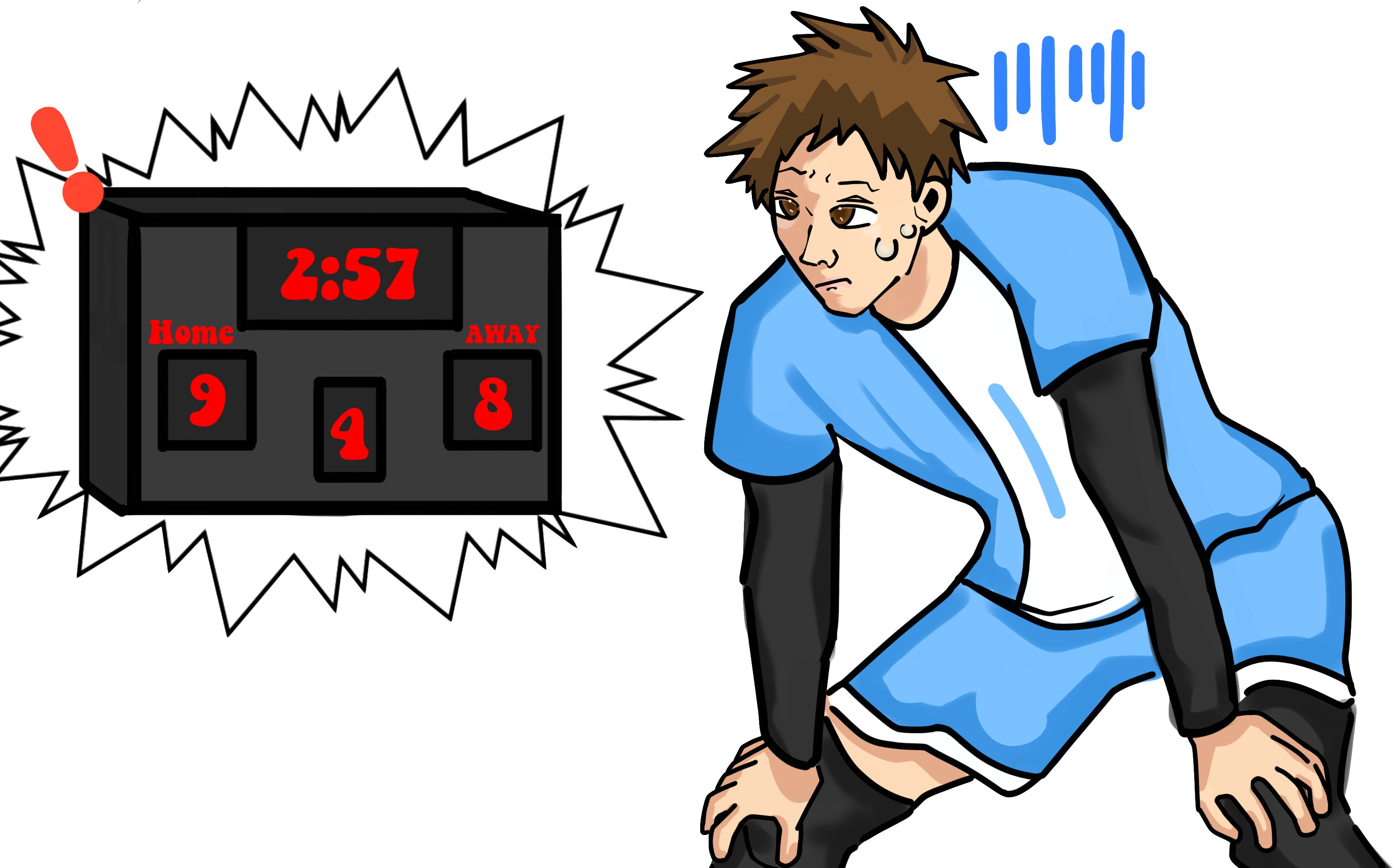How to fight the pressure (and come out on top)
November, 2024
Pressure is normal in sports and affects almost every athlete. It often manifests itself as frustration, where a player ends up fighting themselves rather than their actual opponent; a mix of anger and disappointment clouds their judgment and prevents them from seeing the game from an objective, strategic view. Frustration’s effect is rapidly evident: mistakes, especially those easily avoidable during practice, show up again and again; injuries increase in frequency; matches are lost. Fortunately, this is both avoidable and, although difficult, reversible.
The first step is to understand where the pressure comes from. It could be from a combination of stressors: game-clinching moments, strict time constraints, onlookers, expectations, or important games. All of these can get into an athlete’s head and disrupt their rhythm. But what are some methods to deal with these stress factors?
An athlete’s attitude and preparation can set the tone for a match. Physical activities like a warm up or breathing exercises are particularly significant. Researchers at the College of Physical Education and Sports in China found in 2023 that dynamic stretching for seven to ten minutes produces the best explosive performance. This includes high knees, squats, and lunges — anything that relaxes the body while moving. According to another study conducted in 2022 by the German Sport University Cologne, long-term practice of slow-paced breathing and breath-holding is associated with improved performance in sports. In conclusion, feeling prepared for a match often boosts self-confidence, a key factor for a competitive player.
Another way to escape the jitters is staying healthy. Physical health affects one’s mentality; people with better sleep are generally more resilient, as reported by research conducted at Baylor University earlier this year. In addition, maintaining a healthy body can prevent or reduce the risk of injury. Besides proper warm-up and correct form, proper hydration and electrolyte balance, an important part of physical health, are also crucial for injury prevention. Sweating results in the loss of ions such as sodium, potassium, and calcium, and their imbalance in the body may cause involuntary muscle cramps or spasms. This is why athletes may pause in the middle of a game to eat a banana or drink coconut water. Keeping one’s body in tip-top shape is a significant way to reduce anxiety for a match, as it boosts one’s mood in general, making it easier to cope with stress.
Of course, even with all of these preparations, a match can still offer up unexpected challenges. This is where one’s mental fortitude is extremely important. Kelli Moran-Miller, a certified mental performance consultant at Stanford Sports Medicine, teaches athletes about focus cues and instructional self-talk to get back on track. Focus cues are words or actions meant to refocus an athlete. For example, an athlete may say to themselves, “compete,” to remind themselves to stay active. A visual cue could be a stationary object or frequent observations, like the netpost on a tennis court or a toss of the ball during a volleyball serve. Grounding oneself in habits is an easy gateway out of mental spirals, but it also takes practice and matchplay to notice calming patterns to fall back into during games. Moran-Miller also discusses the importance of self-talk and divides it into two categories: helpful and unhelpful. Helpful self-talk is positive, such as “you got this,” “it’s okay,” or “focus on the next one.” It is often action-orientated as well: “breathe, calm down” or “focus.” Negative self-talk, such as “I’m so bad,” or “that was supposed to be easy,” is unhelpful and will only make mistakes seem worse than they really are.
As a tennis player myself, I struggle with pressure during competitions. Positive self-talk used to seem like pseudoscience to me; I refused to believe that words could have an impact on my performance. I ignored recommendations to pause and take a breath, especially during physically or mentally tiring situations. It wasn’t until my coach forced me to walk in a small circle to catch my breath and regain composure that I realized how much clearer my mind became. My mental approach to competitions also changed when I remembered that what I was playing was, in the end, just a game. Sports are meant to be fun and to bring people together. It is important for athletes to remember that, although pressure may help them push themselves to their mental and physical limits, they should make sure to take care of themselves and to remember to enjoy what they do — pressure may be a tough monster to beat, but it can be done.